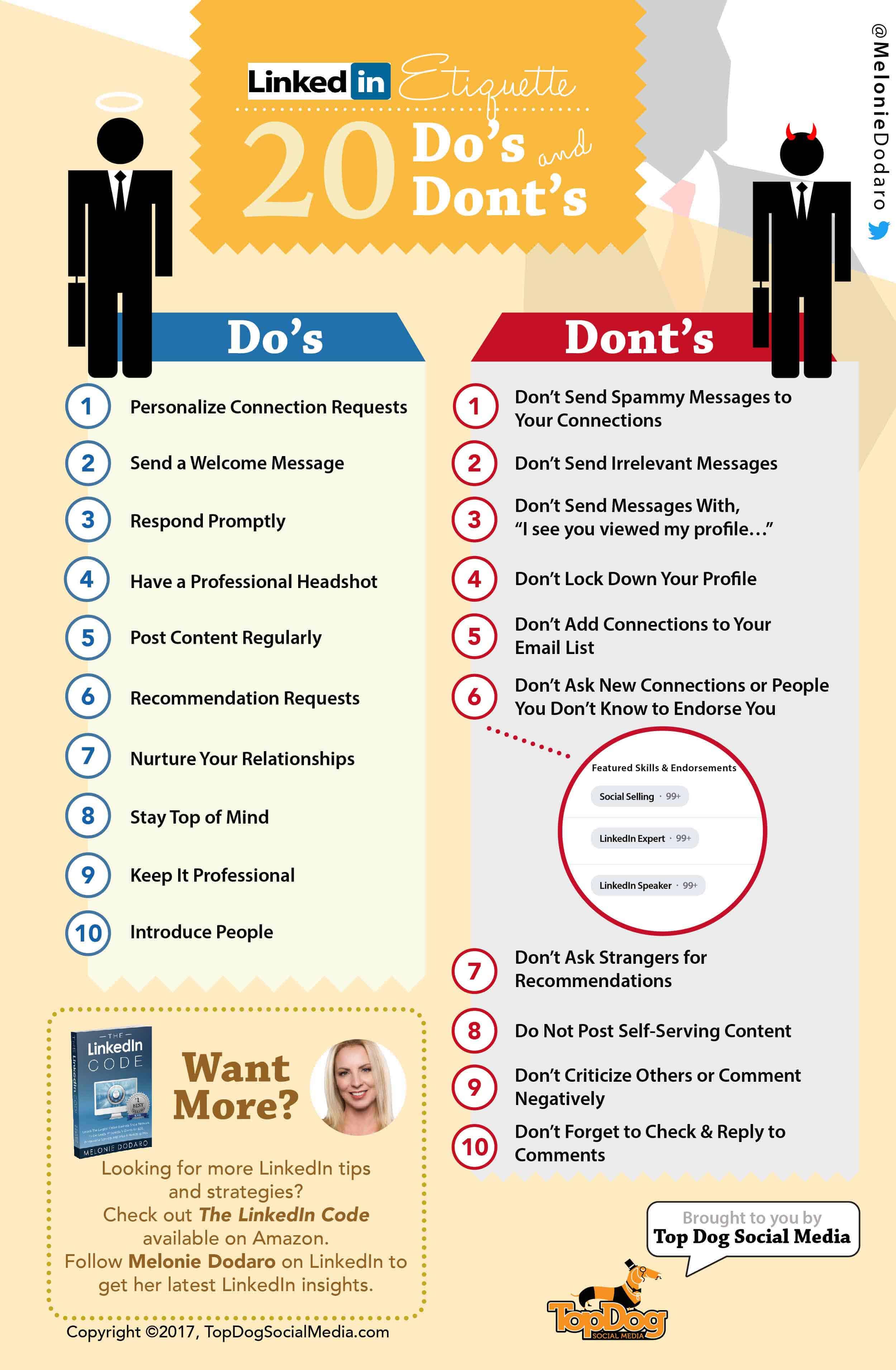Land Your Dream Job: 5 Do's And Don'ts In The Private Credit Sector

Table of Contents
5 Do's to Land Your Dream Private Credit Job
Do: Network Strategically
Building a strong network is paramount in the private credit industry. It's not just about collecting business cards; it's about cultivating genuine relationships.
- LinkedIn Optimization: Optimize your LinkedIn profile to showcase your skills and experience relevant to private credit. Actively engage with industry professionals and join relevant groups.
- Industry Events: Attend conferences, workshops, and networking events focused on private credit, alternative investments, and financial analysis. These events provide invaluable opportunities to meet recruiters and potential employers.
- Informational Interviews: Reach out to professionals working in private credit firms for informational interviews. This is a great way to learn about the industry, gain insights, and build connections.
- Alumni Networks: Leverage your alumni network if you attended a reputable university with strong connections to the finance industry.
- Targeted Approach: Don't cast a wide net. Focus your networking efforts on specific firms and roles that align with your career aspirations and skillset.
Do: Showcase Specialized Skills
Private credit firms seek candidates with specific expertise. Highlighting your relevant skills is crucial.
- Financial Modeling Proficiency: Demonstrate your expertise in financial modeling, valuation, and credit analysis. Showcase your ability to build complex models and interpret financial data.
- Credit Analysis Expertise: Highlight your understanding of credit risk assessment, due diligence, and portfolio management techniques.
- Quantifiable Achievements: Quantify your accomplishments whenever possible using metrics and data to demonstrate your impact. For example, instead of saying "Improved efficiency," say "Improved efficiency by 15% through process optimization."
- Tailored Applications: Tailor your resume and cover letter to each specific job description, emphasizing the skills most relevant to the role.
- Certifications and Degrees: Showcase any relevant certifications (e.g., CFA, CAIA) or advanced degrees (e.g., MBA, Masters in Finance) that demonstrate your commitment to the field.
Do: Master the Interview Process
The interview process is your opportunity to shine. Preparation is key.
- STAR Method: Use the STAR method (Situation, Task, Action, Result) to structure your responses to behavioral questions. This method ensures your answers are concise, relevant, and impactful.
- Company Research: Thoroughly research the firm, its investment strategy, recent transactions, and its culture. Demonstrating your understanding shows initiative and genuine interest.
- Technical Preparation: Practice your responses to technical questions about financial modeling, valuation, and credit analysis. Be ready to discuss your experience with relevant software and tools.
- Insightful Questions: Ask insightful questions to demonstrate your interest and engagement. Avoid questions easily answered through basic online research.
- Follow-up: Send a thank-you note after each interview to reiterate your interest and express your gratitude.
Do: Craft a Compelling Narrative
Your resume and cover letter should tell a story, showcasing your career progression and highlighting relevant achievements.
- Action Verbs: Use strong action verbs to describe your accomplishments and responsibilities.
- Quantifiable Results: Quantify your accomplishments whenever possible to demonstrate your impact.
- Show, Don't Tell: Provide specific examples to illustrate your skills and experience.
- Transferable Skills: Highlight any relevant experience in sectors with transferable skills (e.g., banking, accounting, consulting).
- Professional Online Presence: Ensure your LinkedIn profile is polished, professional, and reflects your brand.
Do: Demonstrate Passion for Private Credit
Genuine enthusiasm is contagious. Show your passion for the industry and the specific firm.
- Industry Knowledge: Stay up-to-date on industry news and trends. Demonstrate your understanding of market dynamics and current events.
- Articulate Your Reasons: Clearly articulate your reasons for wanting to work in private credit and how your skills align with the firm's goals.
- Regulatory Understanding: Demonstrate a strong understanding of the regulatory landscape and compliance requirements within the private credit sector.
- Long-Term Commitment: Express a genuine long-term commitment to the field of private credit.
5 Don'ts in Your Private Credit Job Search
Don't: Submit Generic Applications
Each application should be tailored to the specific firm and role. Generic applications demonstrate a lack of effort and interest.
- Avoid Templates: Avoid using generic templates. Your resume and cover letter should be uniquely crafted for each application.
- Targeted Content: Focus on the specific requirements and responsibilities outlined in the job description.
- Error-Free Applications: Proofread meticulously to avoid grammatical errors and typos.
Don't: Underestimate the Importance of Research
Thorough research demonstrates your initiative and interest in the firm.
- Firm-Specific Knowledge: Research the firm's investment strategy, recent transactions, and its culture.
- Connect Skills: Connect your skills and experience to the firm's specific needs and opportunities.
- Prepare Questions: Prepare insightful questions to demonstrate your understanding and engagement.
Don't: Neglect Your Online Presence
Your online presence reflects your professional image. Ensure it's consistent and polished.
- LinkedIn Profile: Maintain an up-to-date and professional LinkedIn profile.
- Social Media: Be mindful of your social media activity and ensure it aligns with your career goals.
- Consistent Branding: Present a consistent professional image across all your online platforms.
Don't: Overlook the Details
Attention to detail demonstrates professionalism and competence.
- Proofreading: Proofread all application materials carefully for errors.
- Formatting: Ensure your resume and cover letter are professionally formatted.
- Prompt Follow-up: Follow up on your applications and interviews promptly.
Don't: Be Unprepared for Technical Questions
Technical expertise is crucial in private credit. Prepare thoroughly for technical questions.
- Financial Modeling Practice: Practice your financial modeling skills and be prepared to discuss your experience with relevant software.
- Accounting Fundamentals: Review fundamental accounting and finance concepts.
- Anticipate Questions: Anticipate common technical questions and prepare thoughtful, well-structured answers.
Conclusion
Landing your dream job in the private credit sector requires dedication and a strategic approach. By diligently following these do's and don'ts, focusing on networking, showcasing your specialized skills, and mastering the interview process, you can significantly increase your chances of securing a fulfilling career in private credit. Don't delay – start implementing these strategies today and land your dream private credit job!

Featured Posts
-
 Ukraine War Russia Resumes Offensive After Easter Ceasefire
Apr 22, 2025
Ukraine War Russia Resumes Offensive After Easter Ceasefire
Apr 22, 2025 -
 Stock Market Live Analyzing Todays Dow Futures And Dollar Movement
Apr 22, 2025
Stock Market Live Analyzing Todays Dow Futures And Dollar Movement
Apr 22, 2025 -
 Is Blue Origins Failure More Significant Than Katy Perrys Controversies
Apr 22, 2025
Is Blue Origins Failure More Significant Than Katy Perrys Controversies
Apr 22, 2025 -
 Fsu Security Breach Swift Police Response Fails To Quell Student Fears
Apr 22, 2025
Fsu Security Breach Swift Police Response Fails To Quell Student Fears
Apr 22, 2025 -
 Pope Francis A Legacy Of Compassion
Apr 22, 2025
Pope Francis A Legacy Of Compassion
Apr 22, 2025
